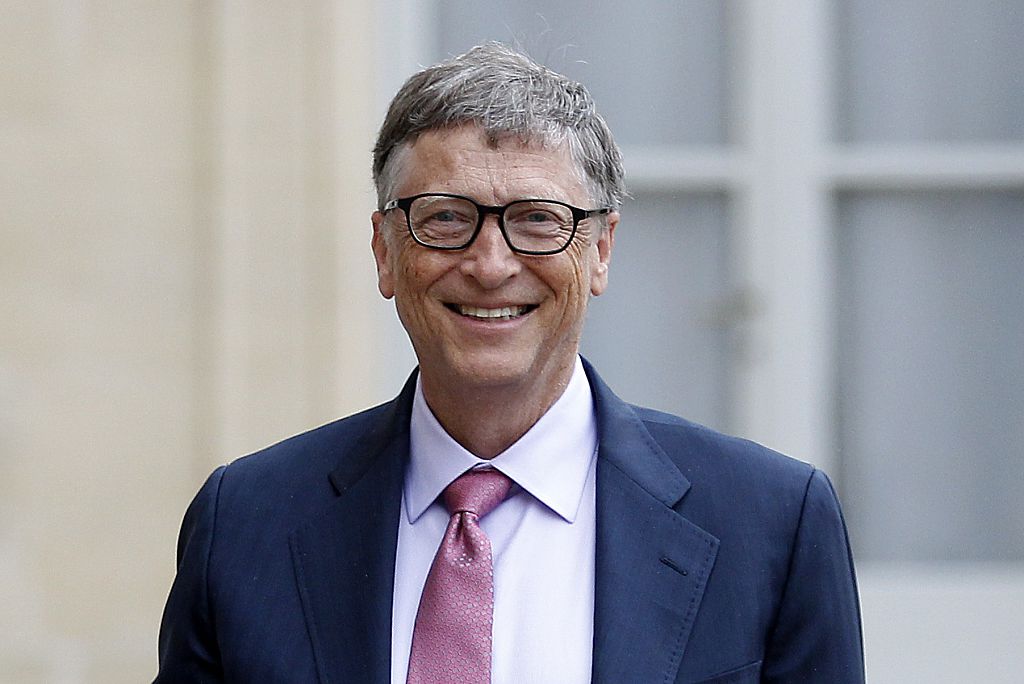Bill Gates was recently asked a compelling question on Reddit about his personal life: “Through it all, what makes you happy?”
Gates, the world’s second richest man, did not mince any words: “Some recently said that when your children are doing well it really is very special, and as a parent, I completely agree. Sometimes following through on commitments to yourself, like doing more exercise, also improves your happiness.”
Happiness simplified
Amazon lists over 50,000 books on the topic of “happiness” and you can watch 227 TED Talks on happiness. Yet happiness is in short supply in our hyper-connected world deprived of human relationships.
Gates helps us to simplify the definition of happiness by focusing on two things that should matter for anyone with a beating heart:
- Family life.
- Your personal commitments.
Outside of the workplace, those two points may end up being the same thing for many people. And it may include the example of exercise, work-life balance, and achieving personal well-being.
Whatever it means for you, to Gates’ point, a family should come first. While he has made it his life’s priority to end the world’s extreme poverty and hunger through the Bill & Melinda Gates Foundation, he clearly recognizes the importance of making his family- and personal-life ambitions a top priority.
He’s not alone. Shark Tank co-host Mark Cuban told a South by Southwest audience:
“On the weekends we have [a nanny] in the morning, so Tiff and I go work out Saturday mornings. Then the rest of the weekend it’s just us. It’s us putting them to bed. It’s us at dinner. We try to be as normal as possible.”
Bringing this closer to home, we are seeing an increase in leaders with a penchant for putting people’s lives first, which is always good for business.
In human-centered organizations that care about their employees’ productivity and well-being, top-tier leaders will not tolerate a culture of overwork that can potentially burn out their employees.
They safeguard family priorities and the employee experience with work-life integration reinforced daily. And it all starts with leadership setting the expectation.
Daniel Lubetzky, founder and CEO of KIND Healthy Snacks, shared with me a New Year’s letter he wrote to his team members stressing the importance of putting family first. Here’s an excerpt:
[A]s we value each other as the KIND Family, make sure to also prioritize and appreciate your own families — take nobody for granted, enjoy your loved ones, share how you feel, and soak them up every day. We all have a commitment to each other to work hard, but we have an even more important contract to ensure balance in our lives and with our loved ones.
The choice not to place family life on equal par with, or even ahead of, career priorities can be costly. Scientific analysis of the leading causes of death in the workplace listed, among others, “long hours/overtime” and “work-family conflict” as common sources of workplace stress destroying the health of U.S. workers.
In the end, you don’t have to sacrifice one for the other–you can have your work life and family life in its proper balance, but it will take self-discipline and giving up an unhealthy view of productivity.
Having clear boundaries around your professional work life and your family life, so that the two areas don’t overlap and cause imbalance and stress, will help you do two things: make you more focused and super productive at work during the time to which you commit (which should not invade family space), and make “family first” a top priority once you commit to unplugging from all your devices at home.
Originally published on Inc.
Follow us here and subscribe here for all the latest news on how you can keep Thriving.
Stay up to date or catch-up on all our podcasts with Arianna Huffington here.

